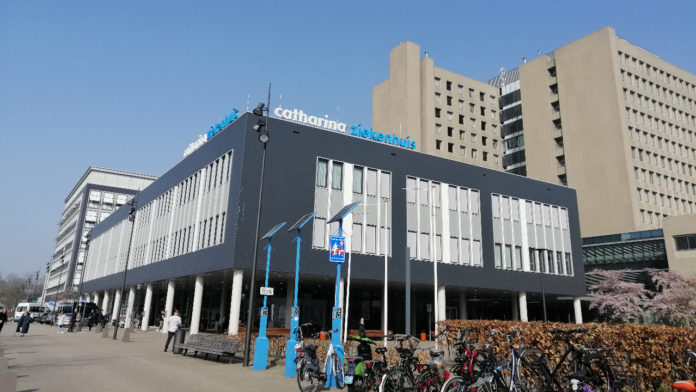STOP STORM is European research funded with an EU Horizon 2020 grant of 7.1 million euros.
This month, the STOPSTORM consortium is starting its research into radiotherapy for cardiac rhythm disorders. This is done under the coordination of the UMC Utrecht. The Catharina Hospital will also make an important contribution to this.
Patients who suffer from ventricular tachycardia, or the fluttering of the ventricles, are considered for this type of radiotherapy. Presently, they treat the patients with medication. Sometimes with the implantation of an ICD, a defibrillator. It corrects the rhythm using electric shocks.
Irradiation of arrhythmia
For persistent arrhythmias that do not respond sufficiently to these therapies, patients undergo invasive catheter ablation. In this, the cardiologist blocks the electrical stimuli in the heart that disrupt the rhythm. The study by the STOPSTORM consortium aims to investigate the option of radiation treatment in patients whose symptoms persist after catheter ablation. This will benefit 30-50% of this patient group.
It is a consortium of 31 institutions in 8 European countries. It includes the Catharina Hospital too. It will start to treat these patients as part of a study. The treatment is also used in lung oncology. It consists of a high dose of radiation administered in a single session.
Increasing quality of life
Clinical physicist Dr. Coen Hurkmans is leading the team of researchers at Catharina Hospital: “This new therapy does not require surgery, and it may be a breakthrough for patients with ventricular tachycardia. It can improve the quality of life and extend the life span. This international study gives us high-quality information about the right treatment.”
Radiotherapist-oncologist Joost Verhoeff is leading the study from UMC Utrecht. He says: “Since 2014, this treatment has already been offered at several institutions. Unfortunately, the effects have not been well followed everywhere. With the consortium, we are compiling a large dataset of several hundred patients to properly map the results.”
Determine efficacy and safety
The main goal of the STOPSTORM consortium is therefore to create a European validation to determine efficacy and safety in a large population of patients with ventricular tachycardia. The information will also help to understand which dose should be administered and how. Expertise center Harteraad connects, empowers, and represents patients in the project.
Source: Catharina Ziekenhuis
Translation: Chaitali Sengupta. She also gives online INBURGERING classes.
















